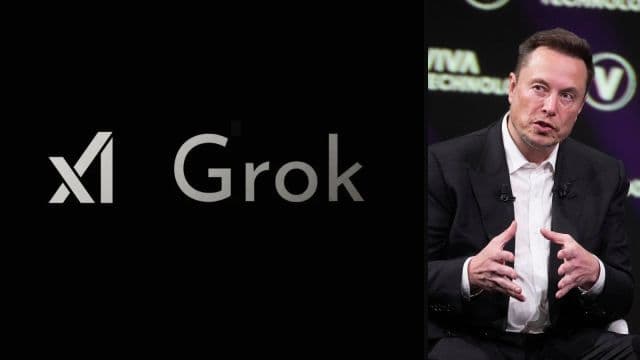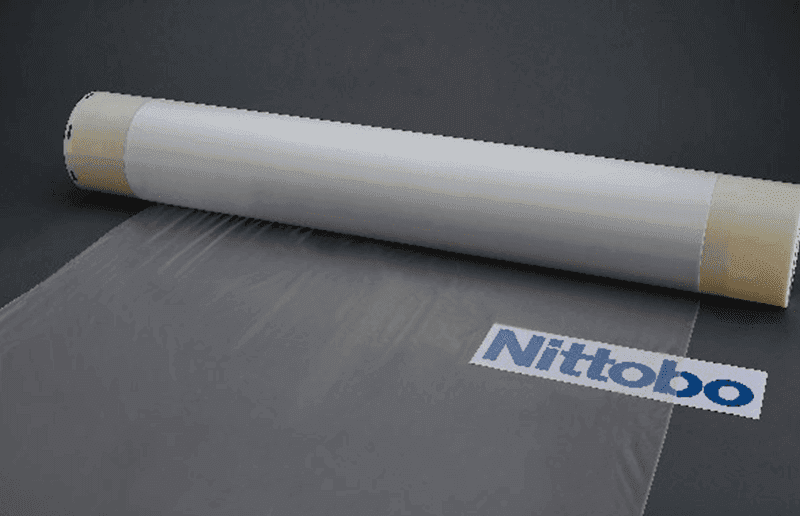The Chrome Conundrum: Perplexity's Audacious Play for the Internet's Front Door
Perplexity's audacious Chrome bid rocks tech. Is this AI startup's move a brilliant strategy to redefine web browsing or a high-stakes market stunt? Dive deep into the implications.

An Unsettling Overture: The Chrome Gambit Unveiled
In a move that sent ripples through the tech world, AI startup recently lobbed an unsolicited $34.5 billion bid for ubiquitous browser. This wasn't just a casual offer; it was a brazen play, especially considering Perplexity's own valuation, which stood at $14 billion just months prior and rose to $18 billion in July. Despite this seemingly audacious financial stretch, Perplexity claims to have multiple venture investors lined up to back the deal, signaling a serious intent behind the surprising figure.
This dramatic overture arrives on the heels of significant antitrust woes. The , following loss in an antitrust suit last year over its search market monopoly, had actually proposed that the tech giant divest . , predictably, has pushed back, labeling the suggestions as a "radical interventionist agenda." While has yet to publicly respond to bid, the timing is undeniably strategic. , best known for its AI-powered search engine that delivers concise answers with source links, also just launched its own AI-powered browser, , last month. This bid for isn't merely about acquiring a browser; it feels like the opening salvo in a much larger game.

Perplexity's Playbook: Beyond Search, Towards Dominance
bid for isn't an isolated incident; it's a telling chapter in a playbook that consistently aims for disruption and market leadership. The startup is deeply entrenched in the fierce generative AI race, a battleground where tech giants like and are pouring billions into infrastructure and talent. itself was reportedly approached by for a potential acquisition earlier this year, a deal that ultimately didn't materialize. This suggests a company not content with being acquired, but rather intent on being an acquirer.
Indeed, has a history of taking big swings. Earlier in January, it submitted a proposal to merge with , a bold maneuver given the short-form video app's uncertain future in the . The bid, therefore, slots neatly into a pattern of aggressive, high-stakes plays designed to propel from a rising AI player to a dominant force. Its existing AI search engine, which prides itself on direct answers, and the recent launch of its browser, underscore a clear ambition to control the entire user journey, from query to content consumption. Owning would provide an unparalleled platform to integrate its AI capabilities directly into the core of web browsing.
The Crown Jewel: Chrome's Untold Value in the AI Era
While $34.5 billion offer might sound substantial, many industry experts quickly dismissed it as a mere fraction of true worth. Technology investor bluntly called the bid a "stunt," asserting it's "nowhere near true value, given its unmatched data and reach." from Theory Ventures echoed this sentiment, suggesting could be "ten times more valuable than the bid or more." With an estimated three billion-plus users, isn't just the world's most popular web browser; it's an unparalleled gateway to user behavior, preferences, and, critically, data.
In the burgeoning AI era, data is the new oil, and is a supertanker. Its extensive user base generates a continuous stream of browsing habits, search queries, and interaction patterns—invaluable training material for large language models and AI development. For a company like , which is battling alongside and in the generative AI race, acquiring would mean instant access to a data goldmine and an immediate, massive distribution channel. It would bypass the arduous process of building market share from scratch, offering a direct conduit to integrate AI functionalities directly into the user's web experience, fundamentally reshaping how AI interacts with the internet.
Strategic Masterstroke or PR Mirage? The Bid's True Intent
So, is $34.5 billion offer a genuine attempt to acquire , or is it a brilliantly orchestrated PR stunt? The consensus among many analysts leans towards the latter, or at least a significant element of it. The glaring discrepancy between the bid amount and estimated market value, as highlighted by experts, suggests the offer isn't a serious financial proposition in its current form. "The offer isn't serious," observed, implying that only a drastically higher sum, perhaps from a tech titan like or , could truly secure and, by extension, AI dominance.
However, even if the bid is largely a PR play, it’s a remarkably shrewd one. It thrusts , a rising AI startup, into the global spotlight, associating its name with most visible product. More importantly, it masterfully leverages ongoing antitrust predicament. By offering to buy right after the proposed its divestiture, positions itself as a potential solution to regulatory woes, or at least as a company ready to capitalize on them. It puts pressure on , forcing it to publicly consider a platform it likely has no intention of selling, while simultaneously drawing attention to as an innovative alternative in the AI-driven web landscape.
Reshaping the Web's Horizon: What This Means for Everyone
Regardless of whether bid for ever materializes into a sale, the very act of this audacious offer signals profound shifts on the web's horizon. This isn't just about a company buying a browser; it’s about the escalating battle for control over the internet's front door in an AI-first world. If an AI company were to control a dominant browser like , it could fundamentally alter how users interact with information, how data is collected and utilized, and even which content creators thrive.
For the average internet user, this could mean a more seamlessly integrated AI experience, where search and browsing become one fluid interaction, perhaps powered by direct-answer engine. But it also raises crucial questions about data ownership, privacy, and the potential for a new form of walled garden, where a single entity controls both the AI and the primary access point to the web. , for its part, has yet to disclose how it plans to adjust its business following the antitrust ruling, maintaining that the proposals are "wildly overbroad." gambit, whether a serious play or a strategic maneuver, underscores that the future of web browsing will be inextricably linked to AI, and the fight for that future has just begun.
Related Articles

Grok Unchained: Unpacking the Paradox of Free AI and Monetization's Edge

Grok Unchained: Unpacking the Paradox of Free AI and Monetization's Edge

Navigating the Unfiltered Frontier: Grok's Radical Path in Generative AI

Navigating the Unfiltered Frontier: Grok's Radical Path in Generative AI

The Unlikely Alliance: MrBeast's #TeamWater and the Future of Kick's Culture

The Unlikely Alliance: MrBeast's #TeamWater and the Future of Kick's Culture

The Unseen Architect: How Nitto Boseki's Specialized Glass Weaves AI's Future
